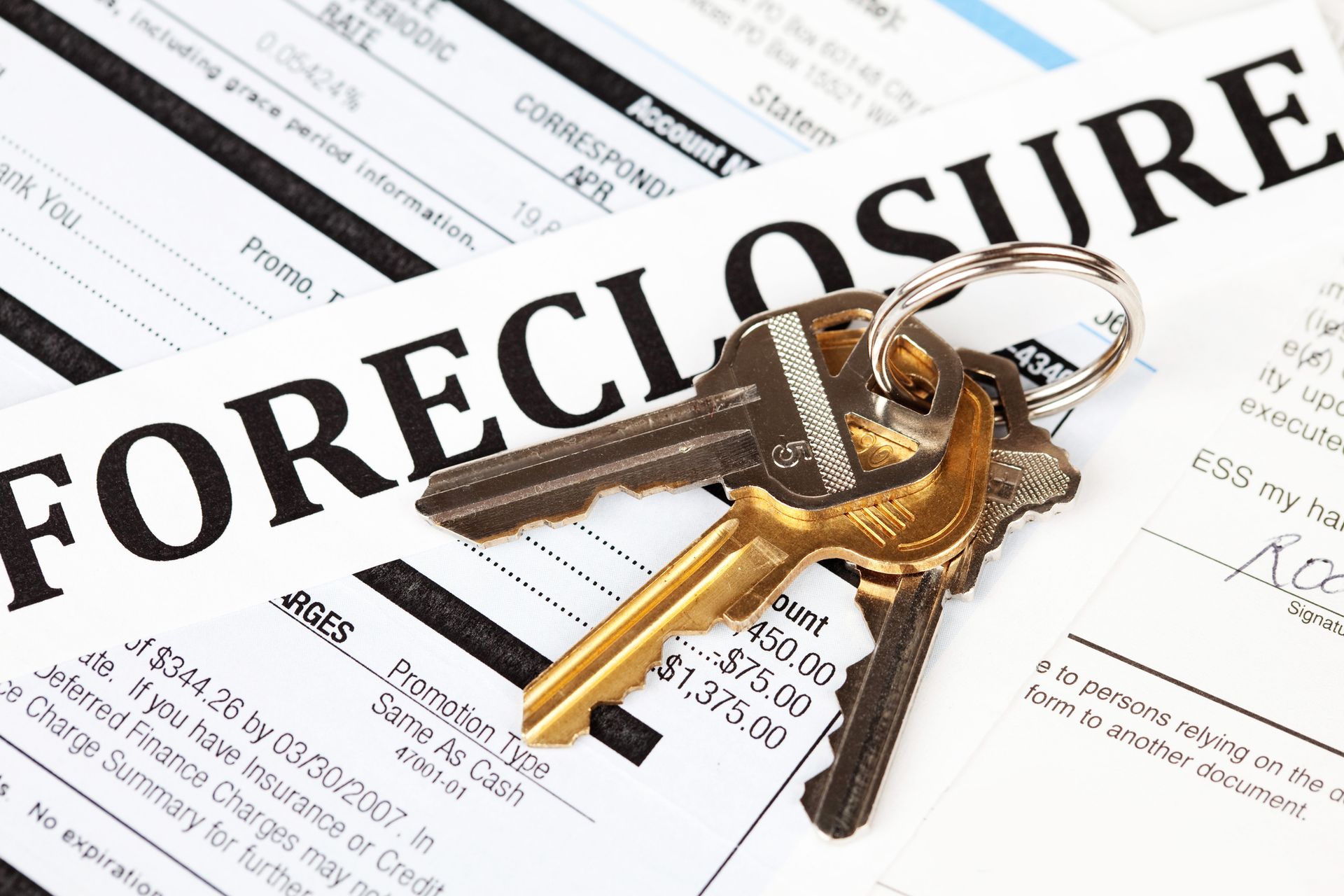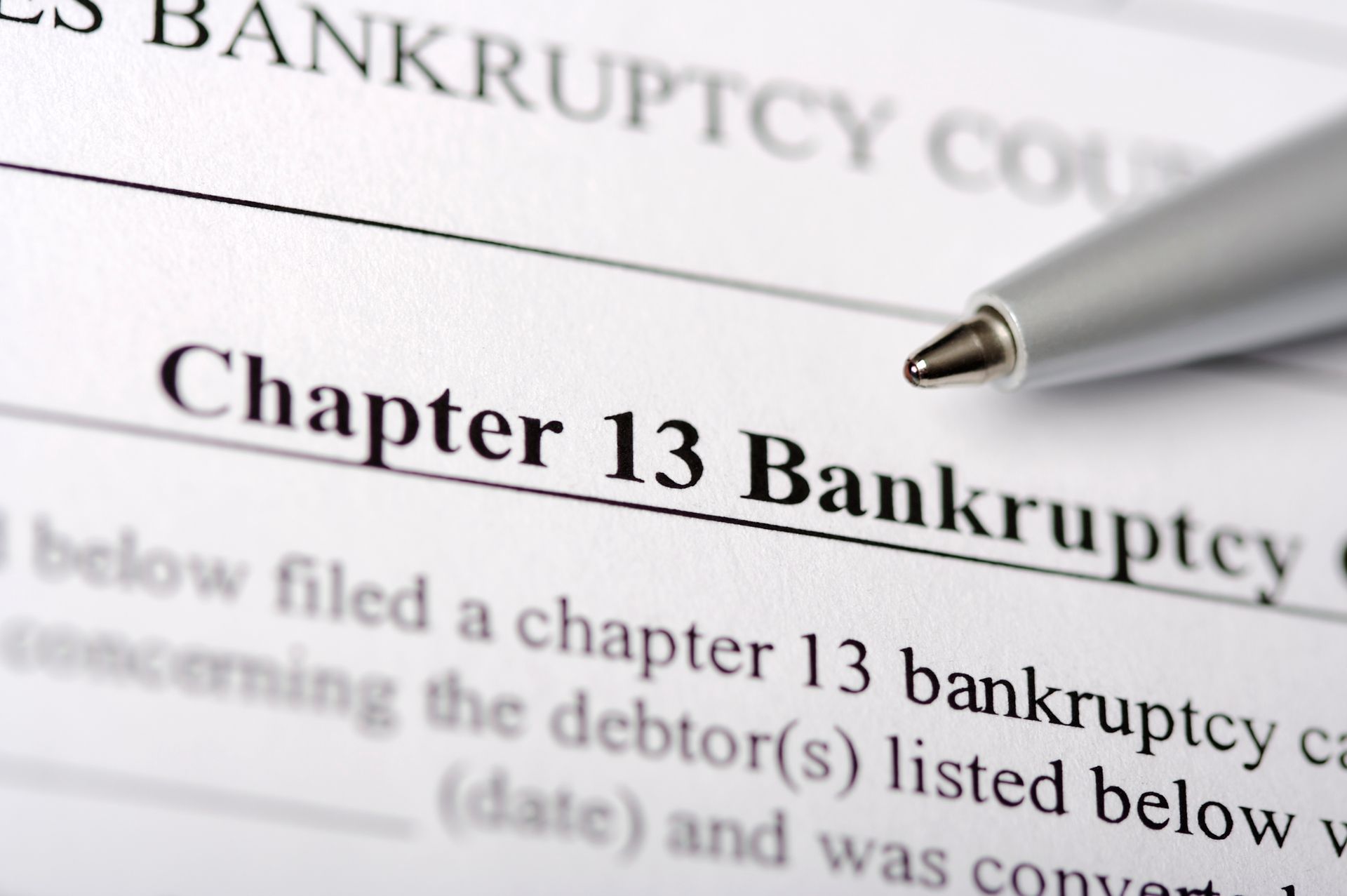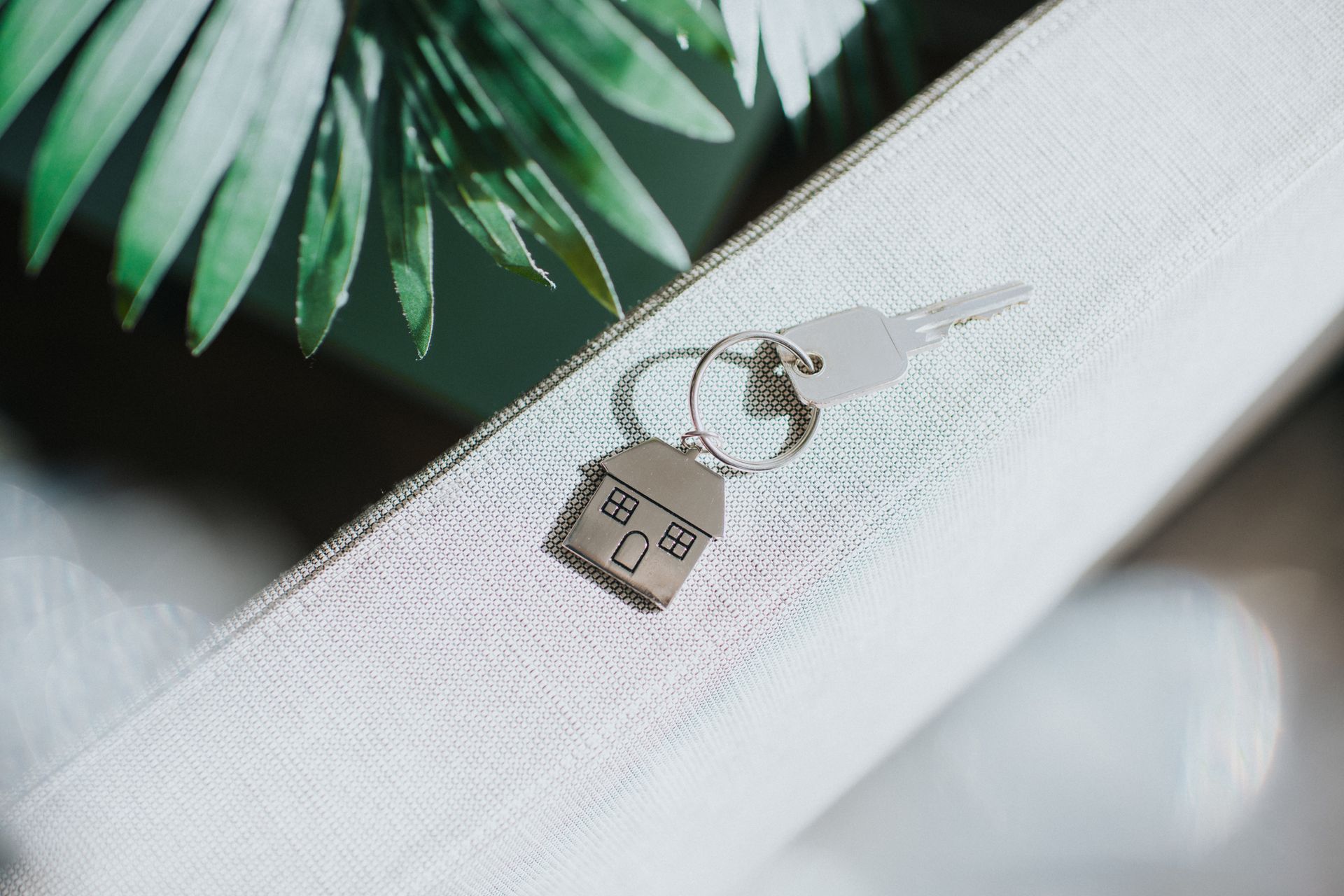Your Monmouth County Foreclosure Defense Solution

Foreclosure rates increased at the end of 2024 across the country. Economic turmoil is beginning to affect the bottom line for many US homeowners, including NJ residents. In the last quarter of 2024, one in every 2,638 housing units experienced foreclosure in NJ. As the cost of living increases, more and more NJ homeowners are struggling to cover their housing costs. But if you are worried about the possibility of foreclosure, you do have options. Veitengruber Law is an experienced Monmouth County foreclosure defense attorney. We have a proven history of successfully helping NJ homeowners find foreclosure alternatives.
Here are some of our foreclosure defense solutions:
1. Bankruptcy
While bankruptcy isn't the right solution for everyone, it is a formidable financial tool that can provide much-needed relief. It can be used to stall foreclosure or eliminate the need for foreclosure. When you file for bankruptcy in NJ, you enter an automatic stay. This court order bars creditors from attempting to collect on debts, including your mortgage lender. The automatic stay will stop legal proceedings--including foreclosure--until your bankruptcy case is settled. During this automatic stay, you and an experienced bankruptcy attorney can devise the best plan for your circumstances.
If you have the financial ability to pay back the arrears owed to your mortgage company, Chapter 13 bankruptcy can help you do just that. Through a court-approved repayment plan, you can pay back mortgage arrears and other debts over a three- or five-year period. This will allow you to get back in good standing on your mortgage without losing your home.
If you are unable to pay back the arrears on your mortgage and need to get out of the financial obligations surrounding homeownership, Chapter 7 bankruptcy may be the better option. While it is unlikely that a bankruptcy trustee would sell your home unless it has substantial equity, Chapter 7 can help you get your finances in order and eliminate debt while awaiting the ultimate foreclosure of your home.
2. Mortgage Loan Modification
Most mortgage lenders have programs available to help homeowners modify their mortgages in the face of financial challenges. However, getting approved for a loan modification can be extremely difficult. One mistake in paperwork can end in denial of the modification. When you work with an experienced foreclosure defense attorney, the chances of your loan modification getting approved increase. We can help you modify your mortgage to lower your monthly payments or help you eliminate past-due debt. Frequent loan modifications include reducing the interest rate, adding past-due payments to the end of the loan, eliminating arrears, or even extending the life of the loan. Foreclosure attorneys understand what mortgage companies are looking for and what they need to hear to be willing to negotiate a modification that works for everyone.
3. Short Sale
If you are unable to or uninterested in saving your home, a short sale is an option that can put you back in control. It is typically more beneficial to the homeowner than foreclosure. With a short sale, a homeowner can walk away from the property without mortgage obligations and without the black mark of a foreclosure showing up on a credit report. In a short sale, you sell your home for less than what you owe on the house. Your lender must agree to the short sale and decide if they will consider the funds from the sale sufficient to "pay off" what you owe. Many mortgage lenders will consider a short sale preferable to time-consuming and expensive foreclosure proceedings. However, working with an attorney to help you negotiate a short sale can improve your chances of success.
4. Fraud and Legal Violations
There are many complex laws surrounding homeownership, foreclosure, and mortgage loans. These laws are often put in place to protect homeowners' rights from the unfair practices of lenders. For example, lenders are required to follow specific rules for servicing your loan, including offering options to modify your loan. If your loan servicer is not allowing you to modify your loan, this can be considered a violation of your rights as a homeowner. Fraud or other violations of these laws can invalidate the foreclosure case. An experienced attorney can review your loan terms and ensure your rights are not violated.
At Veitengruber Law, we understand how devastating it can be to lose your home. As a Monmouth County foreclosure defense attorney, we offer customized solutions to your foreclosure problems. You do not have to face this fight alone; we are here to help. Call our offices today for a free consultation.










